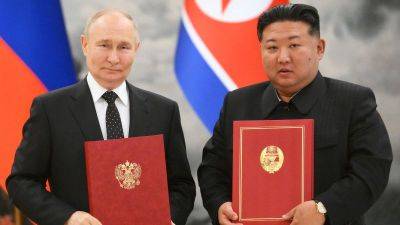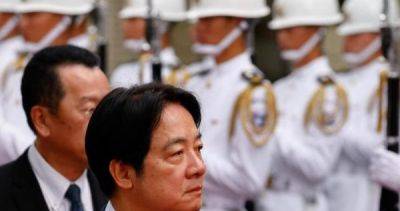What keeps China’s tycoons awake at night
On a recent trip to China for the Tsinghua University School of Economics and Management’s 40th-anniversary reunion, I had the opportunity to reconnect with old classmates and explore potential business opportunities in post-Covid China.
Conversations with local business leaders revealed three pressing demands: expanding overseas, family business succession and diversifying assets. Those concerns are distinct yet mutually related, influencing and reinforcing each other in profound ways.
Expanding Overseas
One of the most significant trends I observed is the increasing drive among Chinese businesses to expand internationally.
The economic slowdown in China is a major catalyst for this outward drive. Chinese firms, previously content with the vast potential of their home market, are now actively exploring new destinations, as domestic growth rates fall below the robust 6-8% seen in the past two decades.
As China transitions to a different stage of economic development, traditional industries, particularly labor- and resource-intensive sectors like textiles and plastic products, must seek new markets that mirror the demand profiles of their heyday.
Emerging markets are particularly attractive due to their massive and growing demand, as well as lower cost bases compared to China. Additionally, the rise in protectionist measures globally has prompted Chinese companies to reconfigure their supply chains to mitigate the impact of hefty tariffs.
Chinese market leaders like Huawei and BYD have been at the forefront of this trend, rapidly expanding their presence in markets across Southeast Asia, Africa and Latin America. And now, this trend is also gaining momentum among smaller companies.
As evident in the data, China’s







